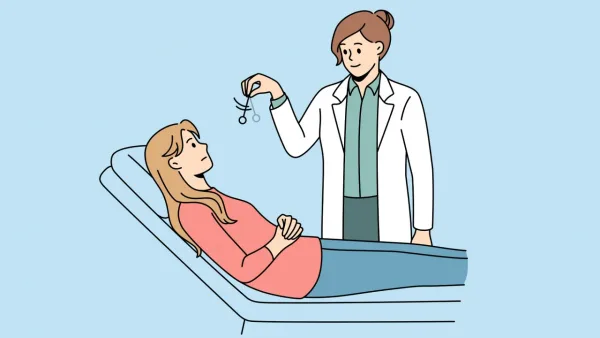Hypnotherapy for ADHD Symptoms: Can Hypnosis Help?
By Beth Guadagni – ADDitude Magazine.
Hypnotherapy is an alternative treatment lead by a trained therapist using verbal repetition and mental images to help patients feel calm, relaxed, and open to suggestion. Research is scant, but suggests it may help some people with ADHD form healthy habits and increase focus.

The term “hypnosis” conjures images of hypnotists swinging pendulums and slowly chanting “You are getting sleepy.” But for a growing number of clinicians, hypnotherapy is serious business, with exciting treatment potential. Therapeutic hypnotism has been shown to manage conditions as diverse as chronic pain, insomnia, and eating disorders, according to the Mayo Clinic. And now, some practitioners believe that hypnotherapy can be an alternative or supplemental treatment to help manage ADHD symptoms.
What Is Hypnotism?
If you’ve ever lost yourself in a movie or daydreamed through a boring conversation, you’ve experienced the kind of trance-like state hypnotists induce. Kimberly Fishbach, Psy.D., of New York Health Hypnosis and Integrative Therapy, says that people with ADHD are excellent candidates for hypnotherapy because they are naturally prone to slipping into these deep, imaginative states.
Hypnosis is usually done by a trained therapist using verbal repetition and mental images. When under hypnosis, people often feel calm and relaxed, and are more open to suggestion. This altered state of consciousness, Fishbach adds, “heightens awareness and increases a sense of focus.”
Evolution of Hypnosis
It’s been more than 200 years since German physician Franz Mesmer (whose work gives us the word “mesmerize”) first used unorthodox, and long-debunked, methods of hypnosis. Today, thanks to brain-imaging technology, neuroscientists are beginning to understand what happens in the brain during hypnotherapy.
In 2017, researchers studying hypnosis used fMRI scans to discover changes in activation and increased connectivity between brain regions that support attention and emotional control. They also found that slipping into a hypnotized state involved the same brain networks known to underlie cognitive regulation.
Hypnotherapy and ADHD
While these results may make researchers optimistic about hypnotherapy’s potential, robust clinical trials are sparse. In a small study involving 17 participants in 2014, researchers compared the results of cognitive behavioral therapy (CBT) and hypnotherapy. Both treatment groups improved, but the hypnotherapy patients reported significantly better psychological wellbeing, and decreased anxiety, depression, and ADHD symptoms.
Jeffrey Rose, a certified clinical hypnotist and founder of New York City’s Advanced Hypnosis Center, says some of his patients see improvement after just one hypnotherapy session. He says they can finish assignments faster and remember information more easily. Patients also develop “an improved capacity for self-care, they feel more positive, and they’re able to cope more effectively with stress,” he says.
Fishbach has observed a similar shift, saying hypnosis allows her patients to regulate their mental and emotional processes. Many of her clients “go through life feeling a lack of control over their thoughts, feelings, or behaviors,” she says. “Hypnosis helps people feel empowered.”
[Watch: Emotional Dysregulation with ADHD – DESR Signs, Treatments]
What Calms ADHD Emotions?
We asked ADDitude readers: Which of the following best calms your strong emotions?
Being in nature: 30%
Reaching out to a friend/loved one: 22%
Exercising: 15%
Practicing breathing techniques: 14%
Meditating: 11%
Writing in a journal: 8%
Hypnotherapy and ADHD: Next Steps
Read: Unraveling the Secrets of Your ADD Nervous System
Download: 5 Natural Supplements for ADHD Symptoms
Read: Treating Adult ADHD – Use Relaxation to Keep Symptoms in Check

